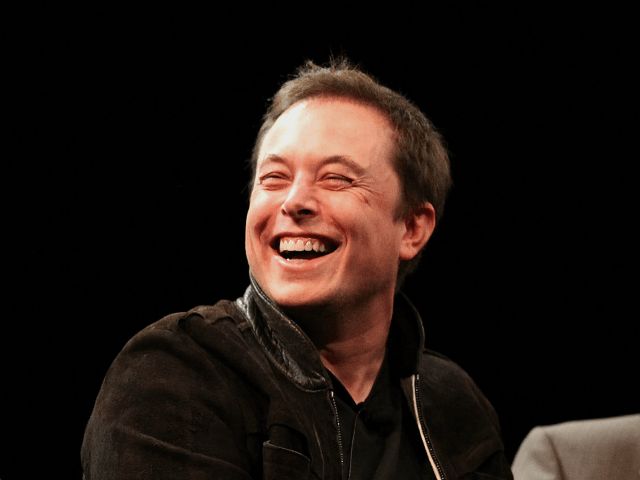Elon Musk’s space exploration firm SpaceX has been awarded $885.51 million in subsidies by the FCC to provide Starlink broadband Internet service to rural homes and businesses in 35 states.
Ars Technica reports that Elon Musk’s space exploration company SpaceX has received $885.51 million in subsidies from the FCC to expand its Starlink broadband program to 642,925 rural homes and businesses in 35 states. SpaceX is one of the biggest winners in the FCC’s Rural Digital Opportunity Fund (RDOF) auction.
Funding for the program will be distributed over ten years meaning that SpaceX will receive a little over $88.5 million per year. Charter Communications, the second-largest U.S. cable company after Comcast also received $1.22 billion over ten years to bring broadband and internet services to 1.06 million homes and businesses in 24 states.
Ars Technica notes that SpaceX could use the FCC money to lower prices in the 642,925 funded locations but the FCC announcement did not outline what SpaceX plans to do with the funding. Currently, Starlink Internet service is in beta testing and costs $99 per month and a one-time fee of $499 for the user terminal, mounting tripod, and router.
The 35 states where SpaceX won FCC funding are Alabama, Arkansas, California, Colorado, Connecticut, Florida, Georgia, Hawaii, Idaho, Illinois, Kentucky, Louisiana, Maine, Maryland, Massachusetts, Michigan, Minnesota, Mississippi, Montana, Nevada, New Hampshire, New Jersey, New Mexico, New York, North Carolina, Oregon, Pennsylvania, South Carolina, Tennessee, Utah, Vermont, Virginia, Washington, West Virginia, and Wyoming.
Charter received funding in Alabama, California, Florida, Georgia, Illinois, Indiana, Kentucky, Louisiana, Massachusetts, Michigan, Missouri, New Hampshire, New Mexico, North Carolina, Ohio, Oregon, Pennsylvania, South Carolina, Tennessee, Texas, Vermont, Virginia, Washington, and Wisconsin.
“The auction used a multi-round, descending clock auction format in which bidders indicated in each round whether they would commit to provide service to an area at a given performance tier and latency at the current round’s support amount,” the FCC said. “The auction was technologically neutral and open to new providers, and bidding procedures prioritized bids for higher speeds and lower latency.”
Elon Musk earned $100 billion in 2020, making him the world’s second-richest man after Jeff Bezos with an estimated wealth of $128 billion.
Lucas Nolan is a reporter for Breitbart News covering issues of free speech and online censorship. Follow him on Twitter @LucasNolan or contact via secure email at the address lucasnolan@protonmail.com

COMMENTS
Please let us know if you're having issues with commenting.